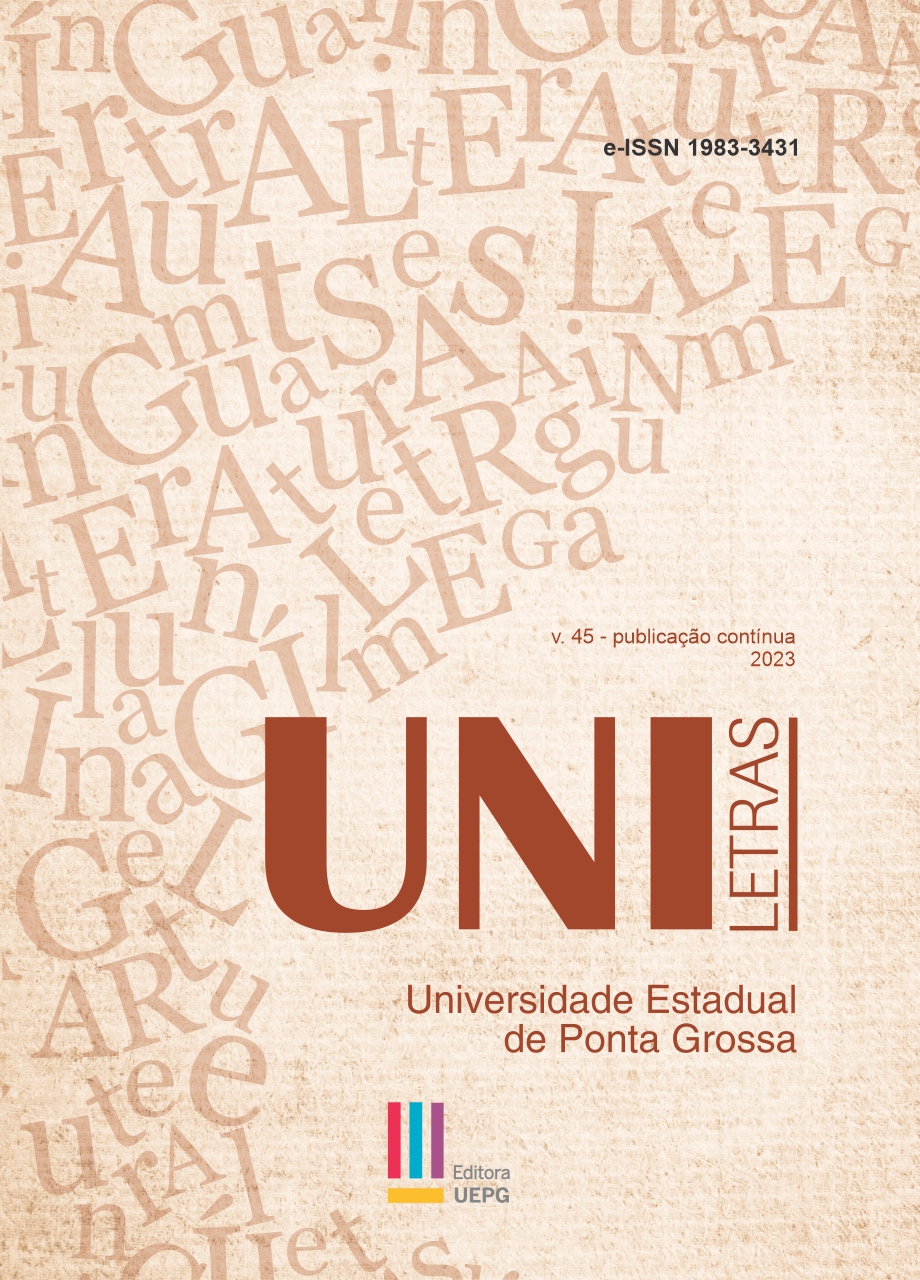ROUTE OF THE BRAZILIAN LANGUAGE OF SIGNS (LIBRAS) AS A MANDATORY CURRICULAR DISCIPLINE IN THE FEDERAL UNIVERSITY OF MATO GROSSO
Abstract
The present study aims to understand the paths taken by subject of Brazilian Sign Language (Libras) as mandatory in the curriculum of undergraduate courses until its implementation at the Federal University of Mato Grosso (UFMT)/Sinop. To this end, actors involved in the articulation of issues related to the implementation process were identified. There was a bibliographical survey of legislation relevant to the theme and semi-structured interviews with professors who were directly linked to the aforementioned implementation process. As theoretical support was used, notably Foucault (2014), Orlandi (2005) and Lodi (2013), among others. It is concluded that the implementation of Libras happened, in a way, through institutional clashes, and between socio-political actors and the relations of strength and power.
Downloads
Downloads
Published
Issue
Section
License
Authors that publish in the journal agree with the following terms:
a) The authors keep the copyright and grant to the journal the rights of the first publication, with the work simultaneously being licensed under the Creative Commons Attribution License that allows the sharing of the work with the recognition both of the authorship and the initial publication in this journal.
b) This journal provides immediate public access to all of its content, following the principle that making scientific knowledge freely available to the public provides greater worldwide democratization of knowledge. For more information about this approach, visit Public Knowledge Project, a Project that developed this system to improve the academic and public quality of research, distributing OJS as well as other softwares to support the publication system to public/open access to academic sources. Names and e-mail addresses in this website will be used exclusively for this journal purposes, not being available for other ends.

This work is licensed under a Creative Commons Attribution 4.0 International License.





